Google risks Microsoft's wrath with new Windows 8.1 bug disclosure
Google goes public once more with details about Windows security flaw. How will Microsoft respond?

Google could feel the full force of Microsoft's wrath again by going public with details of a Windows 8.1 security flaw before the software giant has had a chance to fix it.
The search firm's security research team claim to have uncovered the issue, which allows hackers to impersonate users and decrypt sensitive data on Windows 7 and 8.1 machines, in October 2014.
"This might be an issue if there's a service which is vulnerable to a named pipe planting attack or is storing encrypted data in a world readable shared memory section," the Google research team wrote in a blog post.
The researchers then go on to acknowledge the security hole may have been created purposefully by Microsoft, before sharing details of how it can be replicated.
"This behaviour, of course, might be design. However, not having been party to the design, it's hard to tell," the post stated.
The group claim to have notified Microsoft about the issue, with further posts on the site suggesting the vendor had planned to release a fix for it during the January round of Patch Tuesday updates.
However, it's claimed the patch was pulled because of undisclosed compatibility issues, and is now set for release in February.
Sign up today and you will receive a free copy of our Future Focus 2025 report - the leading guidance on AI, cybersecurity and other IT challenges as per 700+ senior executives
Under the terms of Google's disclosure policies, Microsoft was given 90 days to patch the problem, but in this instance has failed to do so. As a result, Google has now gone public with the details.
That decision is unlikely to have gone down well at Redmond, after Microsoft recently hit out at Google for disclosing details of another security hole before it had a chance to patch it.
IT Pro contacted Microsoft for comment on Google's decision to publicly release details of this latest security flaw, but was still awaiting a response at the time of publication.
-
 Can enterprises transform through startup theory?
Can enterprises transform through startup theory?In-depth For big corporations, the flexibility, adaptability, and speed of a startup or scale-up is often the total opposite of what’s possible within their own operations
-
 AI is creating more software flaws – and they're getting worse
AI is creating more software flaws – and they're getting worseNews A CodeRabbit study compared pull requests with AI and without, finding AI is fast but highly error prone
-
 Microsoft angers admins as April Patch Tuesday delivers password feature without migration guidance
Microsoft angers admins as April Patch Tuesday delivers password feature without migration guidanceNews Security fixes include a zero day exploited by a ransomware group and seven critical flaws
-
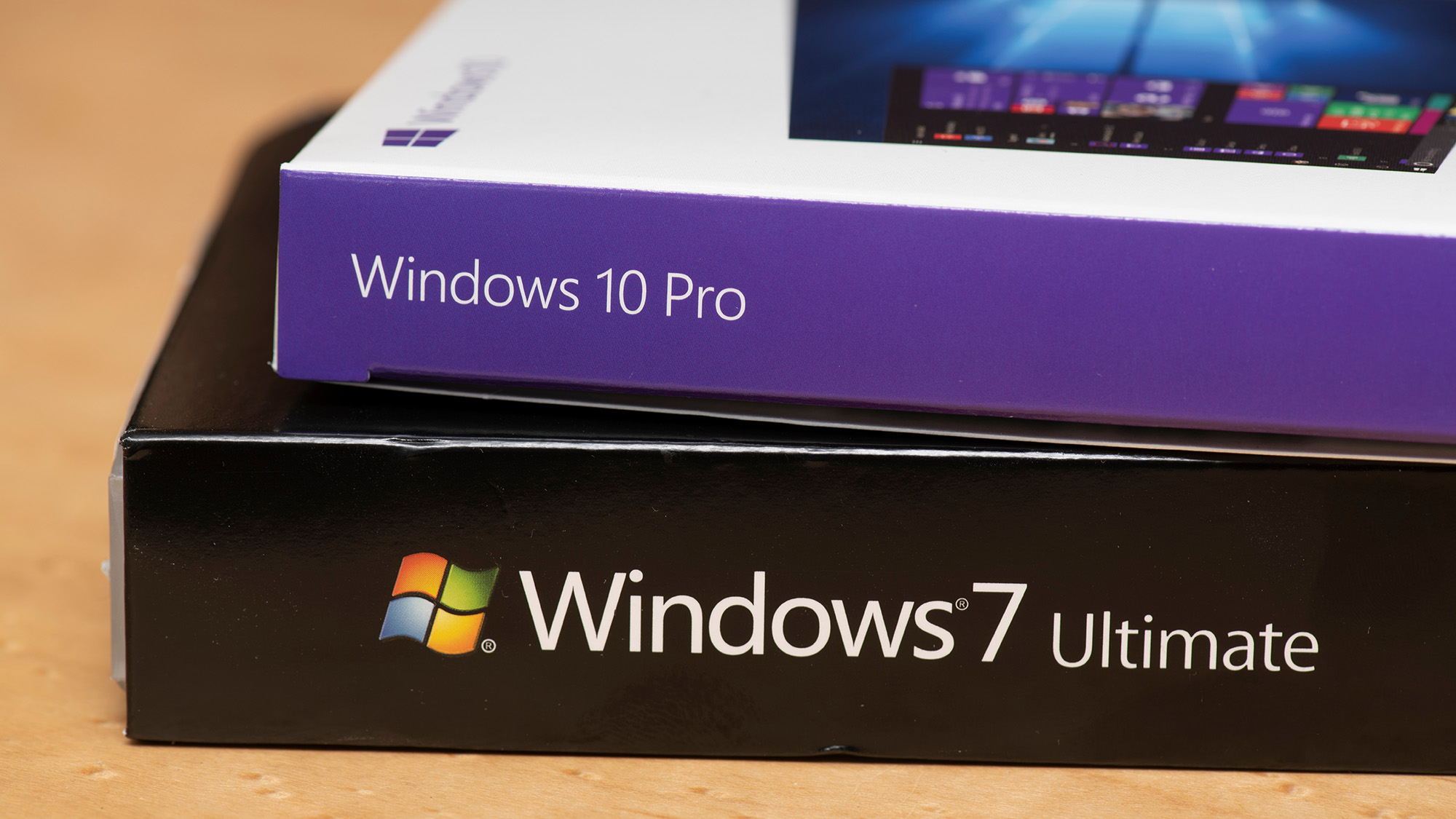 Managing a late migration
Managing a late migrationOpinion When it comes to moving from Windows 7 to Windows 10, it's better late than never
-
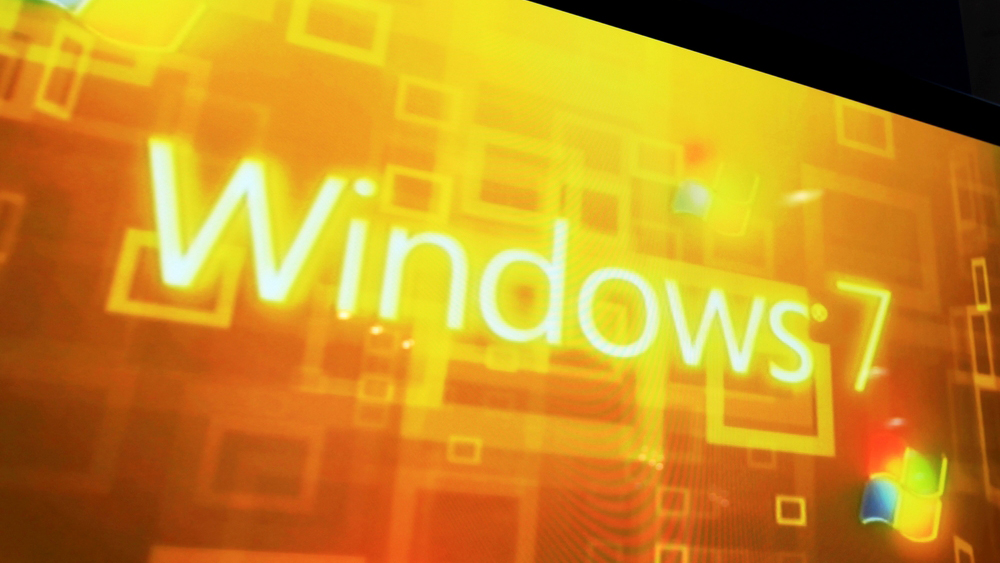 How to set up a Windows 7 emulator for Windows 10
How to set up a Windows 7 emulator for Windows 10Tutorials A complete guide for setting up a Windows 7 emulator for Windows 10 so you don’t lose access to your apps
-
 The autopsy of Windows 7
The autopsy of Windows 7In-depth Report of a postmortem examination
-
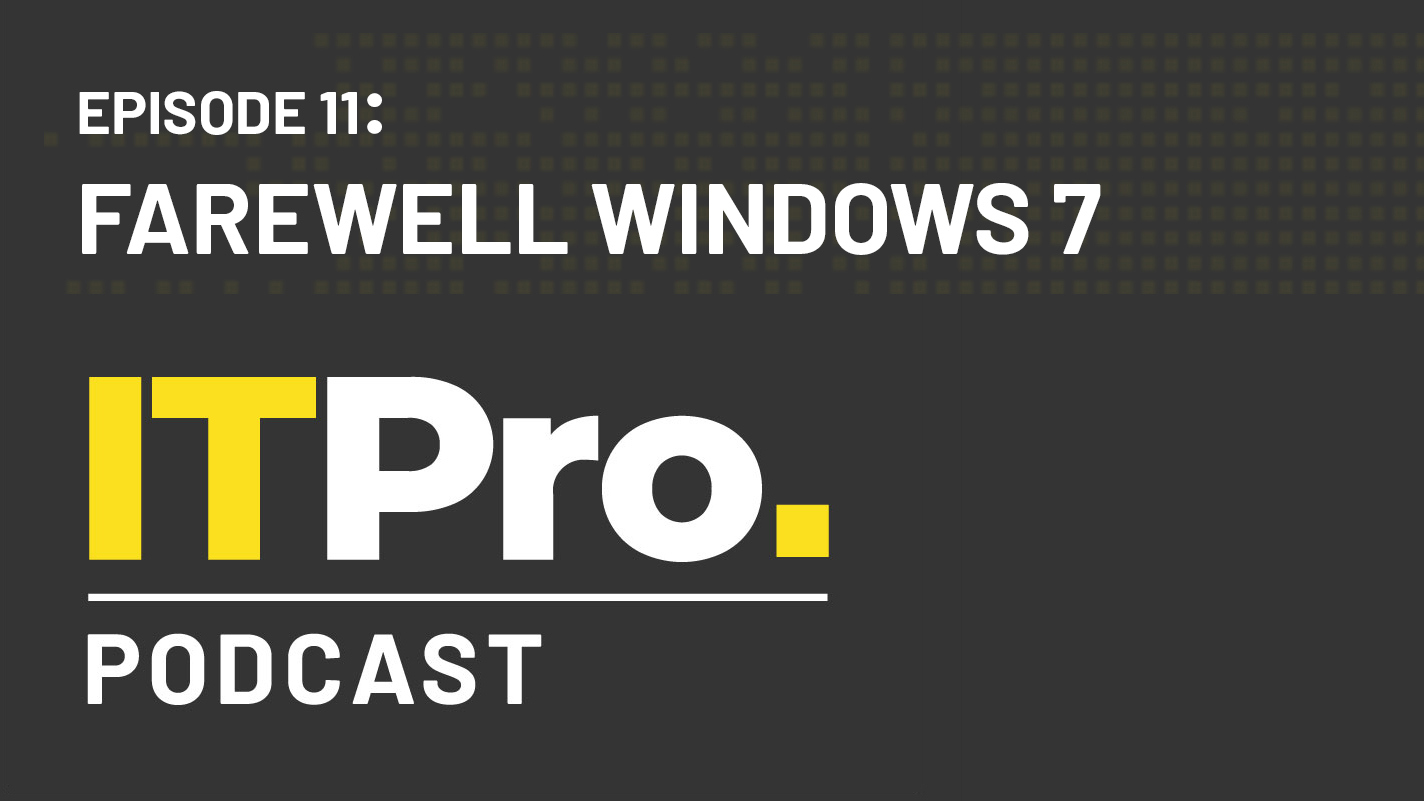 The IT Pro Podcast: Farewell Windows 7
The IT Pro Podcast: Farewell Windows 7IT Pro Podcast We reflect on the legacy of one of Microsoft's most enduringly popular operating systems
-
 Windows 7 ends: what do you do next?
Windows 7 ends: what do you do next?In-depth From SMBs to big business and individuals, after 10 years it's time to move on from Windows 7
-
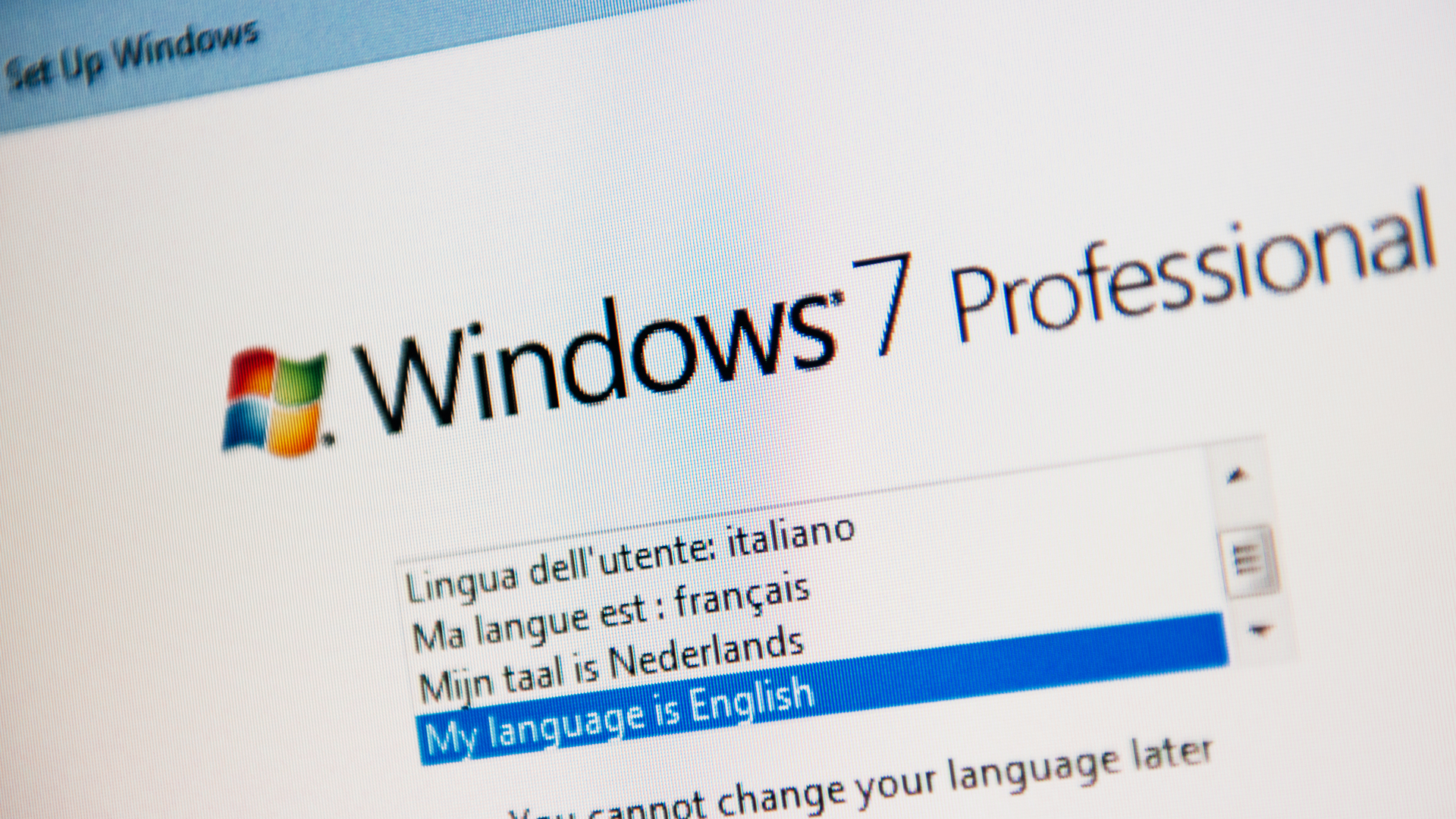 Windows 7 end of life: What to do if you haven't upgraded yet
Windows 7 end of life: What to do if you haven't upgraded yetIn-depth Microsoft has now officially moved Windows 7 to end of life, meaning it's no longer a viable business platform
-
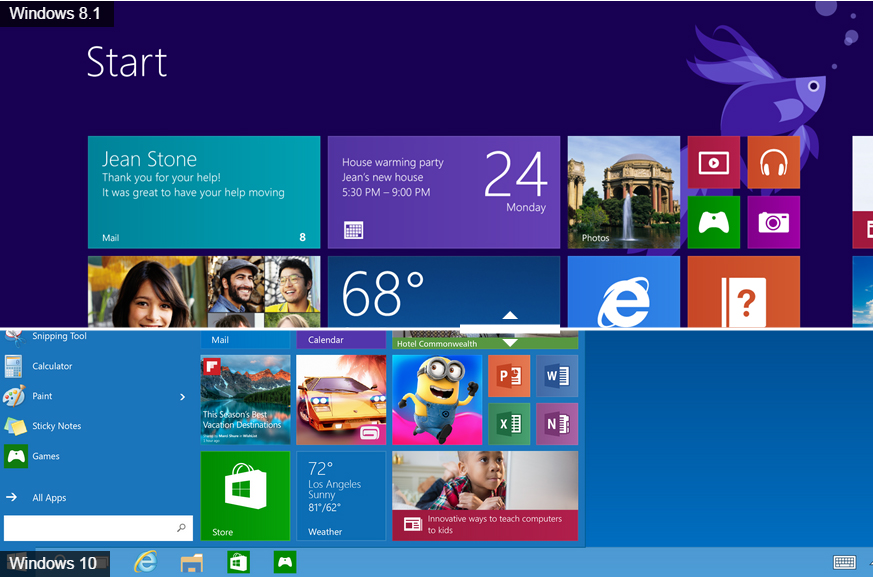 Windows 10 vs Windows 8.1: Which was the best operating system?
Windows 10 vs Windows 8.1: Which was the best operating system?Vs We rate Windows 10 vs Windows 8.1 in a number of key categories for professional use